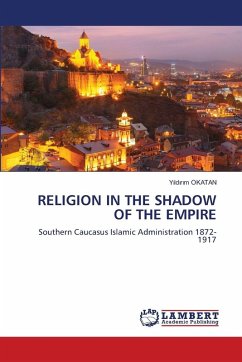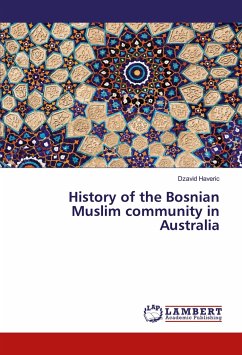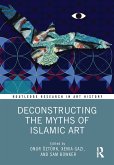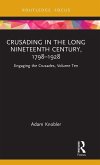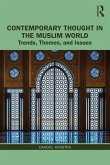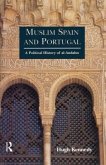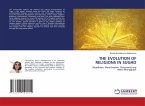This book is the product of years of academic journey and historical curiosity. The religious organisation of the Muslim community in the South Caucasus under Tsarist Russia, although at first glance it appears to be only a matter of administration, actually harbours a multi-layered story of identity, faith, belonging and resistance.The archival documents, Ottoman and Russian sources, as well as local testimonies that I accessed during my doctoral research convinced me that this structure was not only an official administration, but also a site of cultural struggle. In this book, I have endeavoured to place the empire's attempt to control religion and the overt or covert forms of resistance to this effort in a historical context.The Islamic Administration of the South Caucasus, which is the focal point of the study, continued its existence from the last quarter of the 19th century until the 1917 Revolution, often creating distance between its bureaucratic language and the people,yet it left its traces strongly in the archives. In tracing these traces, I have endeavoured to capture the "spirit of the period", which is the greatest gain of a historian.
Bitte wählen Sie Ihr Anliegen aus.
Rechnungen
Retourenschein anfordern
Bestellstatus
Storno

